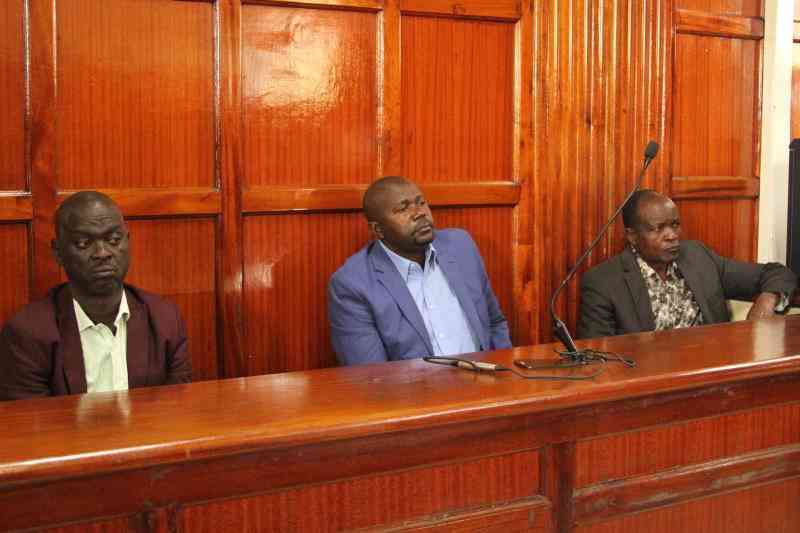Governors and Members of County Assemblies (MCAs) have been warned against using their names, images, or personal slogans on public projects and government vehicles.
The Senate Devolution Committee says this practice is a misuse of public funds and creates a false impression of personal ownership of state-funded developments.
In a report tabled in the Senate, committee chairperson and Wajir Senator Abbas Mohammed said personal branding of public assets by elected officials is unethical and goes against the law.
“Using public money to brand projects or vehicles with the names or images of public officers is misuse of resources. It violates transparency and sound financial management principles under public finance laws,” the report reads.
The committee also warned that this behavior misleads the public and erodes trust in government institutions. It called on oversight bodies including the Ethics and Anti-Corruption Commission (EACC), the Auditor-General, and the Controller of Budget to take firm action on those who break the rules.
“These agencies should monitor the use of public resources, issue clear advisories, investigate misuse, and take disciplinary steps against those involved in personal branding using taxpayer funds,” the committee recommended.
The report was partly based on a petition by the Grassroots Civilian Oversight Initiative, which raised concerns about the widespread branding of roads, schools, and county vehicles with the names, photos, or slogans of politicians.
Activist Laban Omusundi, who presented the petition, questioned why such practices continue despite constitutional provisions that prohibit personal portraits even on national currency.
“Article 231(4) of the Constitution bars the use of any individual’s portrait on money. Why then should politicians be allowed to brand taxpayer-funded projects with their photos or names?” he asked.
The Senate committee concluded that all public assets should carry neutral identification tags rather than personal or political messages, in line with the law and to preserve public trust.











